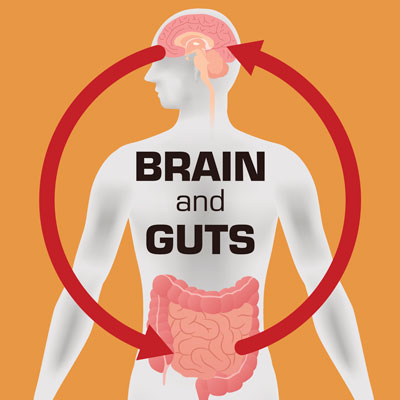
Parkinson’s disease and Parkinson’s disease medications have distinct signatures of the gut microbiome. Movement Disorders, 2017; DOI: 10.1002/mds.26942
A new study from researchers at the University of Alabama at Birmingham shows that Parkinson’s disease, and medications to treat Parkinson’s, have distinct effects on the composition of the trillions of bacteria that make up the gut microbiome. At this point, researchers do not know which comes first. Does having Parkinson’s cause changes in an individual’s gut microbiome, or are changes in the microbiome a predictor or early warning sign of Parkinson’s? What is known is that the first signs of Parkinson’s often arise as gastrointestinal symptoms such as inflammation or constipation.
“The human gut hosts tens of trillions of microorganisms...
Read More








Recent Comments